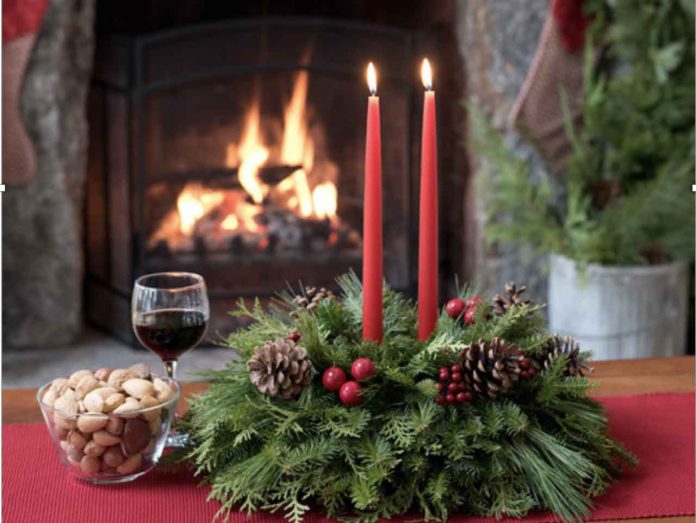The true cost of Christmas and how to reduce it
By Don Huff and Beatrice Olivastri
Even in a fast paced, modern society, Christmas can be as full of warmth as a hundred years ago. Our traditions may be updated, but the core of Christmas – spending time with family and friends, reflecting on the year, and taking time to recharge – remains the same.
Especially during the pandemic.
What has changed is the way we celebrate and exchange gifts. A hundred years ago, a book or a wooden toy would be received with appreciation and joy, and without any unseen costs.
In 2020, the true cost of Christmas is the ongoing destruction of natural resources and damage to the health of children around the world. Plastic pollution has filled the world’s water with microplastics – whether in Antarctica or your bloodstream.
Lead from battery recycling has destroyed neighbourhoods and poisoned millions of children in developing countries. Sweatshops are just the beginning of the unseen horrors that no one would want to receive as a present. Marine transportation from shipping goods around the world is a significant driver of climate change and poor air quality in port communities. Plastic waste fills rivers in developing countries with the detritus from Christmas past because plastic recycling is rare and incineration and dumping are the norm.
But we mustn’t opt out of consumerism – that’s an unrealistic expectation in a culture that celebrates it. Instead, the answer is to find gifts that are in line with the true spirit of Christmas and that don’t harm children in other countries.
Locally made wood products are typically low impact and help make our communities stronger by employing your friends and family. Books are significantly better than electronics. Paper wrapping without plastic bows or glitter can be beautiful and is recyclable.
Canadian small businesses make great jams, ciders, and a thousand other amazing products. Locally produced honey makes a sweet gift and helps support local beekeepers. A home-made certificate for spring gardening help will bring a smile to grandparents and provide quality time with grandchildren.
For those who are able to change up traditions, gifts to charities can build up your community or help those abroad who aren’t as fortunate as we are. For those who celebrate Christmas as a Christian holiday, your local church or charity can bring joy to those who may not have a family to celebrate with. For those who don’t celebrate at all, your gift of time is beyond value to those in need as there’s often a lack of volunteers on Christmas Day.
Christmas is what we make of it. Change is a gradual process but in order to ensure that our own smiles don’t come at the expense of the unseen people and communities around the world, the best time to change is now. The world’s problems aren’t your fault but they are a shared responsibility. We can have a Christmas that brings joy to those around us and around the world. It’s within reach. It’s the history of Canada. Our traditions and families don’t depend on plastic, waste, or batteries. All it needs is appreciation and joy.
Don Huff is the President of ECO Strategy, a leading government relations firm. ecostrategy.ca/
Beatrice Olivastri is the CEO of Friends of the Earth, the Canadian member of the world’s largest grassroots environmental federation. foecanada.org






